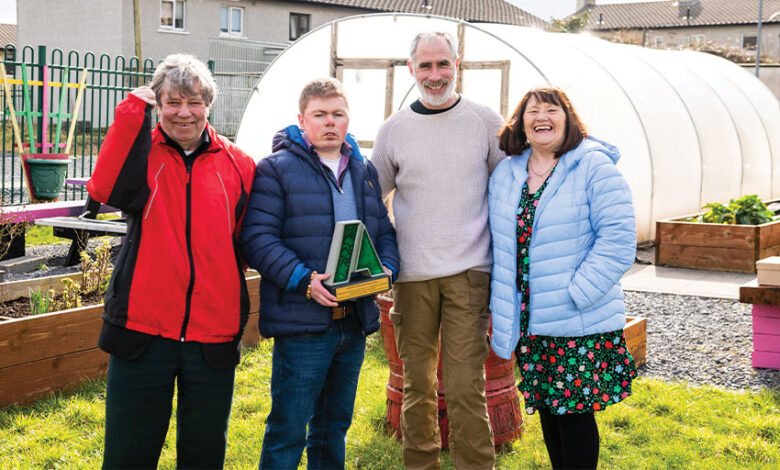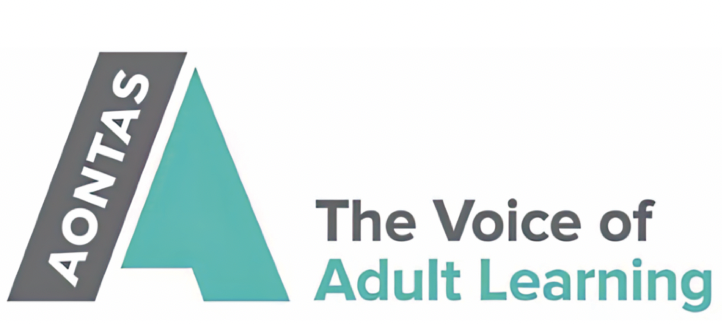Rethinking the meaning of “skills” in education policy

In recent years, the primary measure of success in education has centred on skills and employment. This has been particularly evident since the 2007 global recession when, according to adult education advocate Denise Shannon in AONTAS’ Adult Learner Journal, “the concept of skills replaced lifelong learning as common ground” in Europe.
We can still see this in 2023, designated European Year of Skills by the EU. The stated goal is to “get the right skills for quality jobs [and address] skill shortages in Europe”, and so “empower people to successfully navigate labour market changes and to fully engage in society and democracy”. In her State of the Union address announcing the Year of Skills, President of the European Commission Ursula von der Leyen noted that “we need an enabling business environment [and] a workforce with the right skills”.
It is worth asking what this consistent pairing of the word “skills” with the needs of employers means to people who return to education as adults. Does it allow for a conception of success in education that is not solely determined by participation in the labour market?
We at AONTAS, the National Adult Learning Organisation of Ireland, see success in education as measured by how individual lives and communities are improved by learning. We also prioritise the intangible benefits of adult education, such as developing a sense of identity, belonging, and purpose. In times of great societal change and myriad perceived threats to safety and ways of life – including AI, war, political extremism, disease, and climate change – these intangible elements are essential to maintaining stable societies and actively-engaged citizens.
“Given the diversity of social and cultural roles needed for our society to function, it is less helpful to classify people as having higher or lower levels of skills, than to see people as having different strengths.”
According to AONTAS’ evidence-based research into lifelong learning, published in 2023, major factors that facilitate participation in adult learning include being younger in age, being employed, living in an urban centre, finishing school, and having third-level qualifications. The research found that university graduates are more likely than the sample average to continue with some form of learning. This aligns with the Matthew Effect, which suggests that earlier successful outcomes lead to continued successful outcomes. People from more privileged or economically wealthy backgrounds, with greater access to education, are more likely to continue in or return to education.
We need policies that specifically address factors relevant to people from groups that have been underserved through a failure to recognise and legislate for injustice, inequality, and biases based on social class, intellectual ability, ethnicity, gender, or race. Without policies that take a holistic approach to human experiences and needs, the “skills”-based agenda risks continuing to serve only the educational needs of people who already live in relative comfort and with a relatively high level of education. The European Association for the Education of Adults recently called for a wider perspective to be included in European policy, urging institutions and policymakers to “use the remaining months of the European Year of Skills to promote a holistic understanding of skills that empowers all citizens, regardless of their status on the labour market”.
Moving to this broader understanding of “skills” would be more than a linguistic shift. How we use language shapes our society. When it comes to public policy and education, the words we use are central to how people perceive themselves and others. The use of terms such as “low-skilled workers” often suggests a personal, individual failure or disinterest, rather than recognition that not all people are born with the same opportunities and privileges. Given the diversity of social and cultural roles needed for our society to function, it is less helpful to classify people as having higher or lower levels of skills, than to see people as having different strengths.
This issue has been observed for years. In 2016, David Mallows wrote that “a focus on what adults cannot do is likely to further stigmatise those with poor literacy, numeracy or digital skills and make it less likely that they will either seek or accept support in improving those skills”. It was reflected in a keynote speech by Kathleen Lynch at the 2023 AONTAS Adult Education Summit, who highlighted the growing “tendency to reduce students, and citizens, to customers”.
In Ireland, we still see frequent use of “educationally-disadvantaged adults” and “marginalised people”, without reference to social and political causal factors that contribute to this. Recognition of these factors is especially urgent now, given the homelessness and cost-of-living crises and the increase of disenfranchisement and far-right activity in Ireland.
There are signs of progress, and moves towards a more inclusive approach to education. These include the new Unified Tertiary Education System, launched last year which allows people to move from adult education to higher education through a joint course. There is also an increased focus on the target groups identified in the National Access Plan; annual funding through the Reach Fund (for which AONTAS was a key advocate); and new funding for participants in online and part-time courses. This means that, for the first time, adults from under-resourced communities can benefit from specific support in accessing education.
These measures show gradual changes are happening to meet different needs, and perhaps to recognise the (often unconscious) socio-economic discrimination embedded in current structures. A pertinent change to the way we use terms such as skills, disadvantage, and educational success should accompany them. We in AONTAS are committed to advocating and lobbying for these kinds of changes, and raising awareness of the impact of adult learning on people’s lives and on society.

AONTAS
The National Adult Learning Organisation
2nd Floor, 83–87 Main Street, Ranelagh, Dublin 6
T: 01 406 8220
E: mail@aontas.com
W: www.aontas.com





